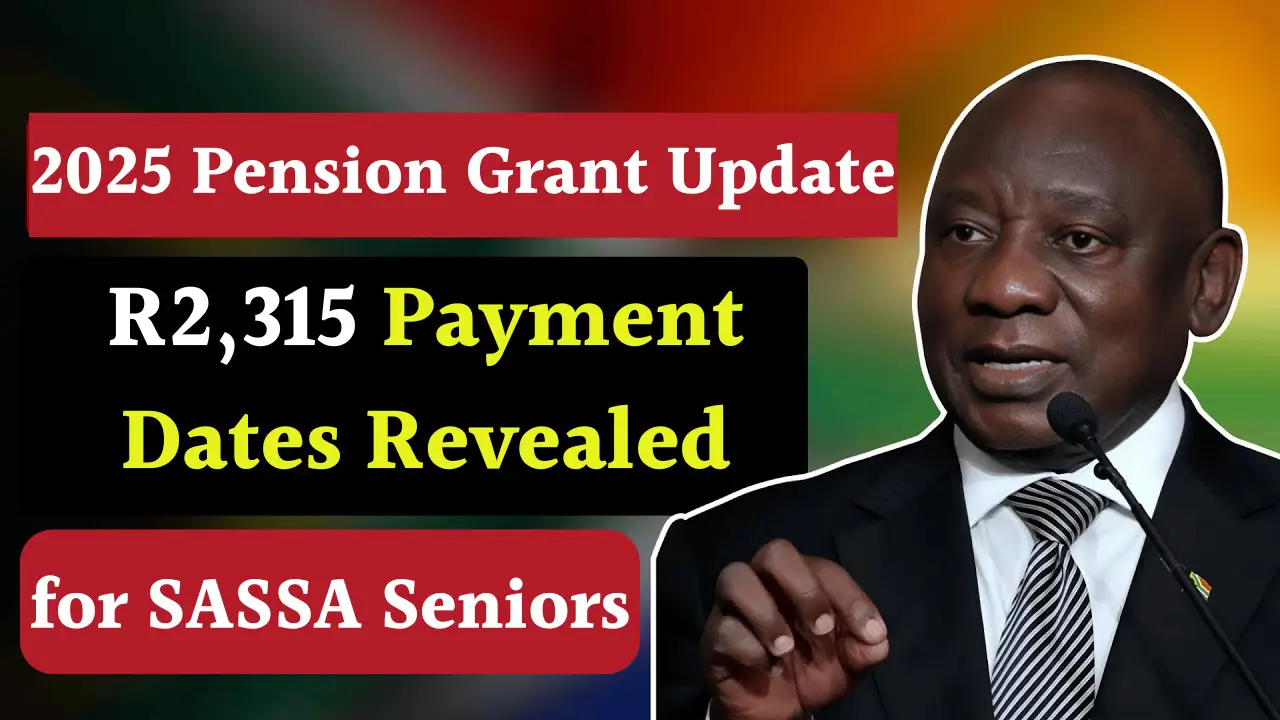Welcome to Student Entrep Support (student-entrep-support.co.za), your trusted source for comprehensive coverage of recruitment, government jobs, government schemes, general lifestyle, and the latest news articles.
Our Mission
At Student Entrep Support, we are committed to delivering accurate, timely, and relevant information to our readers. Our goal is to empower individuals with knowledge about government initiatives, career opportunities, and current affairs, helping them make informed decisions and stay updated with the latest developments.
Who We Are
Student Entrep Support is running by individuals based in India, we are a team of dedicated professionals passionate about delivering high-quality, informative content to our readers.
Our Dedicated Team
- Hrithik Chawla – Senior Writer
- Afzal Khan – Senior Editor
- Shreya – Senior Editor
- Aakriti – Junior Editor
- Muskan – Junior Editor
- Ehteesam Alam – Chief Human Resources
- Suraj Singh – SEO Executive
- Sangeeta Chauhan – SEO Team Leader
- Joshi Maurya – Graphic Designer
- Kunal Kumar – Fact-Checking Dept
Our writers, SEOs and other team departments, have at least 5+ years of experience in their respective dept . Many of our team members hold advanced degrees, including Master of Arts or Master of Journalism, and have significant experience working with reputable news media houses.
Our Approach
Quality Content: We are committed to producing 100% original, manually written content. Our team of experienced writers, editors, and fact-checkers work diligently to ensure that every article is informative, engaging, and free from plagiarism.
Rigorous Fact-Checking: Our fact-checking process involves using tools like Hemingway and Grammarly, consulting Google Scholar and research papers, referencing reputable media houses, and extensive internet research.
Regular Updates: We continuously review and update our articles to provide the most current and accurate information to our readers.
Reader Engagement: We value our readers’ input and encourage interaction through our comments section. Your feedback helps us improve and stay responsive to your needs.
Our Commitment
At Student Entrep Support, we are dedicated to maintaining the highest standards of journalistic integrity. We adhere to the DNPA Code of Ethics and strive to provide unbiased, fact-based reporting on issues that matter to our readers.
Connect With Us
Email: [email protected]





